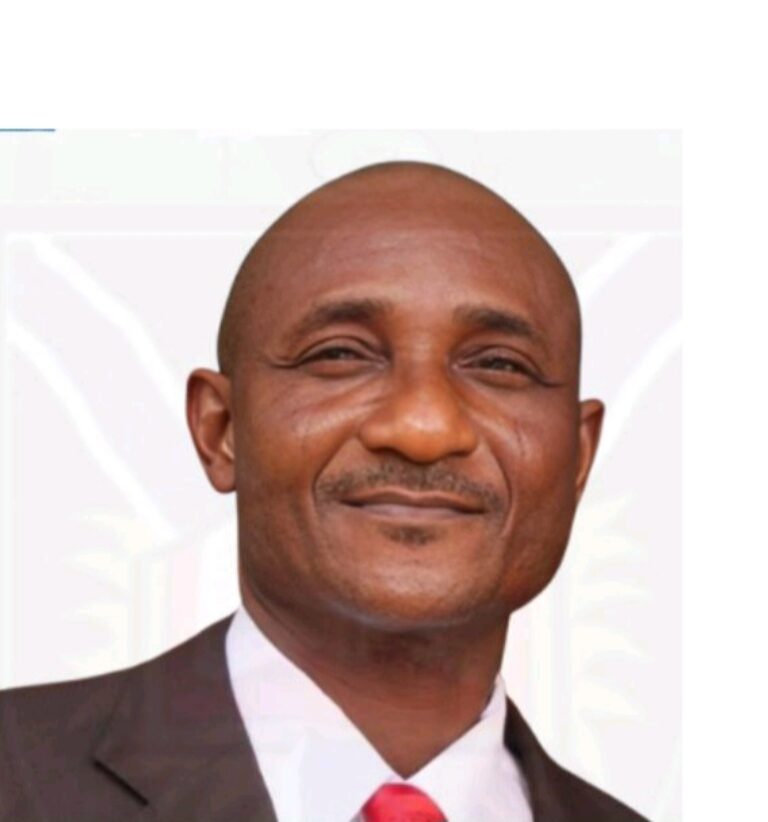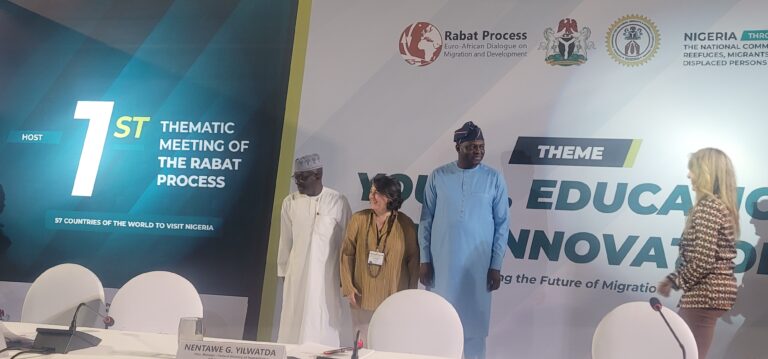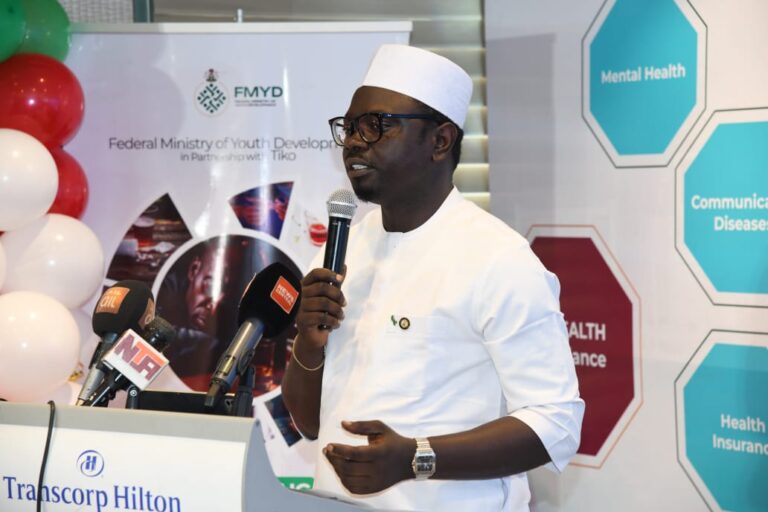…Hosts Africa’s First-Ever Raw Materials Summit in Abuja
By Joel Ajayi
In a strategic move to boost value addition across Africa’s raw materials sector, Nigeria is set to host over 1,000 top delegates, experts, and investors from across the continent in Abuja for the inaugural Africa Raw Materials Summit, scheduled to take place from May 20 to 22, 2025.
The summit is expected to mark a significant milestone in Africa’s industrialization journey by promoting regional integration, technological innovation, and investment in value chain development. The two-day event will focus on positioning Nigeria as a key driver in achieving the continental goal of attaining at least 30% value addition on raw materials.
With the theme, “Shaping the Future of Africa’s Resource Landscape,” the summit aims to address critical challenges in the continent’s raw materials industries, including low value addition, limited economic diversification, and underdeveloped industrial growth strategies.
Speaking at a world press conference on Thursday in Abujs ahead of the summit, the Director-General of the Raw Materials Research and Development Council (RMRDC), Professor Nnanyelugo Ike-Muonso, stated that the summit is designed to tackle these challenges while fostering investment opportunities and sustainable regional collaboration to enhance Africa’s global competitiveness.
He noted that although Africa is richly endowed with natural resources, the continent struggles to fully harness these for its development.
“This summit goes beyond being another high-level gathering. It is a continental call to action—a moment for Africa to rise and assert its rightful place as a global centre for industrial innovation, value creation, and resource sovereignty,” he said.
Professor Ike-Muonso emphasized that Africa holds over 30% of the world’s strategic raw materials, including agricultural commodities and critical minerals such as lithium, cobalt, graphite, and rare earth elements. Yet, he lamented, most African economies continue to operate at the lower ends of global value chains due to overdependence on exporting unprocessed materials.
“This model is unsustainable. It deprives our nations of jobs, industrial growth, foreign exchange, and the opportunity to become technological leaders,” he said. “Now is the time for a bold, coordinated shift—from extraction to transformation, from exporting potential to industrializing value, and from economic vulnerability to continental resilience.”
Central to this shift is the proposed 30 Percent Value Addition Mandate Bill, championed by RMRDC and currently under consideration at the National Assembly. The bill seeks to mandate that no less than 30% of all raw materials be locally processed before export.
“This bill is not just a policy initiative; it is strategic economic common sense and a form of national defence,” he asserted. “It will curb capital flight, stimulate local industries, create sustainable jobs, boost competitiveness, and strengthen Africa’s industrial base.”
Professor Ike-Muonso highlighted that the summit has three core objectives: Mobilizing a continental consensus on the urgency of industrializing Africa’s resource base through innovation and value addition. Deepening alignment with the African Continental Free Trade Area (AfCFTA) and strengthening regional trade and processing linkages.
and Forging actionable partnerships among governments, private sector actors, researchers, and development financiers to drive sustainable transformation.
He revealed that over 1,000 high-level delegates have confirmed their attendance, including senior ministers and officials from countries such as Ghana, South Africa, and others, as well as representatives from key ministries, departments, and agencies.
Expected outcomes from the summit include a Pan-African Declaration on Raw Materials Industrialization, regional support for the 30 Percent Value Addition Mandate, the launch of investment frameworks for beneficiation and infrastructure, and new partnerships for resource mapping, technology transfer, and commercialization of research.
He further assured that all logistics and security protocols are fully in place to ensure a seamless event.
“All necessary arrangements have been made. From registration and hospitality to technical support, everything has been carefully planned and professionally coordinated. The summit venue meets the highest international standards,” he concluded.











